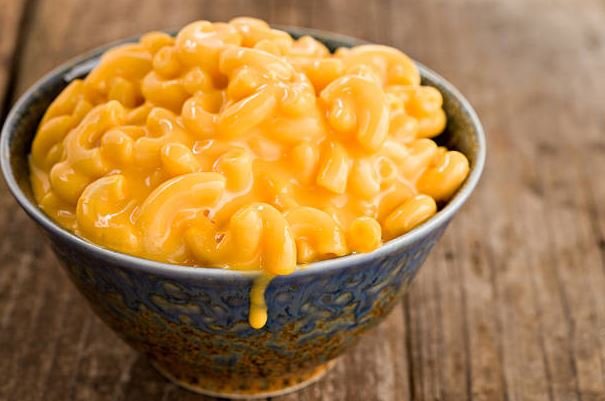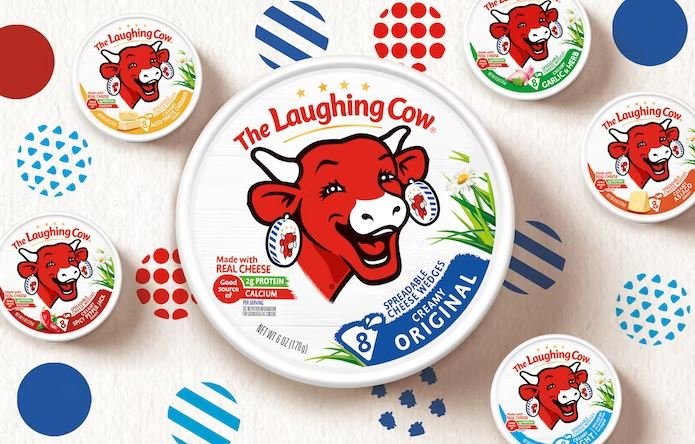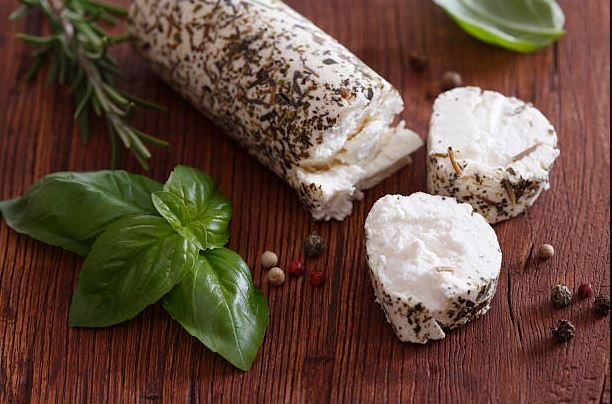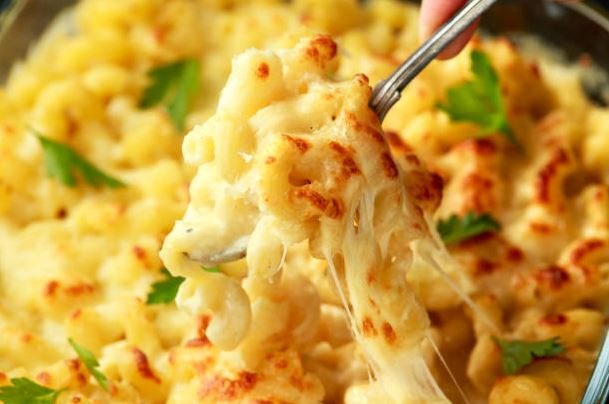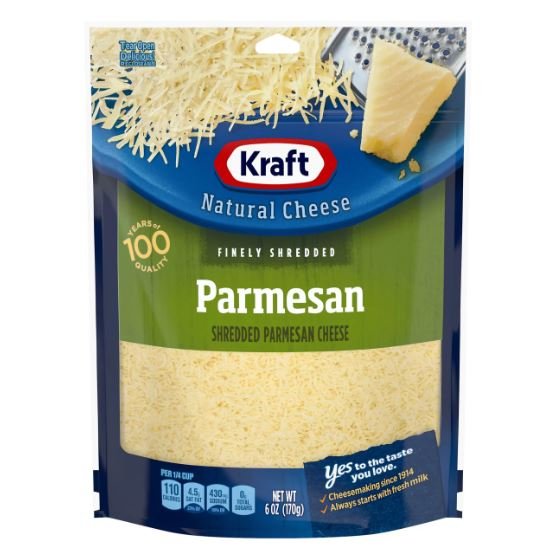Protein is an important part of our diet. Hence it plays an essential role in our cellular health. Cheese is a dairy product made from the milk of animals, and most dairy products have protein in abundance.
Cheese contains all the essential amino acids needed to form a complete protein. There are also many other nutrients in cheese that make it a great food for people looking to get the recommended daily allowance of protein.
Cheese is packed with calcium, protein, and vitamins. It’s the main ingredient in many dishes, from macaroni and cheese to grilled cheese sandwiches. It is very high in protein, making it an excellent choice for vegetarians and vegans who want to supplement their diets with more protein.
However, most nutritionists recommend getting most of your protein from plants, think beans and nuts, rather than meat or cheese.
It is, therefore, in the above backdrop that this article tends to examine and bring to light if the cheese has protein, and if it does, to what extent?
Does Cheese Have Protein and Fat?
Every cheese has proteins. Cheese not only has protein but also has it in abundance. Although the amount of protein varies from cheese to cheese, all cheese is proteinous and is a good source of protein.
Cheese is an excellent source of protein. It also contains vitamins and minerals, including calcium, vitamin A, phosphorus, and magnesium.
Tempting as it is to believe that cheese is fattening because it’s a dairy product, the fact is that cheese contains fewer calories than most other dairy products. Most cheeses are high in protein, low in fat, and contain no carbohydrates. Eating cheese in moderation, about one ounce per day, can be part of a healthy diet.
Protein is one of the essential six classes of food found in food such as meat, beans, cheese, and other types of food. Protein helps build, rebuild and develop body tissues.
It consists of building blocks known as “amino acids”. While there are 21 amino acids, the body produces 12 of which are nonessential; the remaining nine, which the body cannot produce, are essential to the system.
To get your body to produce the other nine remaining essential amino acids, one has to choose high proteinous foods such as meat, milk, beans, cheese, eggs, etc. One has to increase the intake of proteinous foods. Thus eating cheese will spice up the formation of the remaining essential amino acids, which helps the body tissues grow and develop well.
How Much Protein Does Cheese Have?
Cheese such as Parmesan, Swiss Cheese, Pecorino, Edam, and Gouda cheese are some of the cheeses with the highest protein content per serving, with 35.1 gram, 28.4 gram, 28 gram, 27.5 gram, and 26.2 gram per serving, respectively.
Below is a break-down list of some cheeses with the highest protein content per 100 grams;
- Parmesan: This type of cheese is the cheese king with a nutty flavor. It is the highest proteinous cheese, with 35.1 grams of protein per 100 grams.
- Swiss cheese: Its origin can be traced to the Emmental region of Switzerland. It is a holey cheese with 28.4 grams of protein per 100 grams.
- Pecorino: This is an Italian cheese with a salty taste. It can be grated on zucchini pasta dishes. Per 100 grams, it contains 28.0 grams of protein.
- Edam: As a result of its versatility, it can be used for cooking and can be grated. Per 100 grams, Edam contains 27.5 grams of protein.
- Gouda: Gouda is a city in the Netherlands. This cheese was named after it. Gouda has a very rich flavor and taste. It contains 26.2 grams of protein per 100 grams.
- Gloucester: The origin of this cheese can be traced to the early sixteenth century. Gloucester is a semi-hard cheese that is also good for cooking. It has 25.0 grams of protein per 100 grams.
The table below shows the amount of protein found in 100 grams [3.5 oz] of cheese.
| Cheese [Amount Per 100 Grams] | Protein Content [Grams] |
|---|---|
| American Cheese | 18g |
| Blue Cheese | 21g |
| Camembert Cheese | 20g |
| Cheddar | 25g |
| Cottage Cheese | 11g |
| Edam Cheese | 25g |
| Feta Cheese | 14g |
| Fontina Cheese | 26g |
| Goat Cheese | 22g |
| Gouda Cheese | 25g |
| Gruyere | 30g |
| Monterey Jack | 24g |
| Mozzarella | 28g |
| Parmesan Cheese | 35g |
| Provolone | 26g |
| Queso Blanco | 20g |
| Ricotta | 11g |
| Roquefort | 22g |
| Swiss Cheese | 27g |
Is Cheese A Good Source Of Protein
Yes, cheese is an excellent source of protein. Although known for its low-carb nutrient, cheese has an abundance of protein, just like yogurt and beans. Every cheese made from milk is inarguably a good source of protein.
Research has shown so far that cheese contains high levels of protein. Hence it is a good source of protein for people seeking to eat proteinous foods. Although cheese can be taken as snacks or appetizers and sometimes as a staple for meals, it can be eaten as a meal if directed by medical practitioners.
In hypoproteinemia, one is expected to eat more cheese to boost the formation of essential amino acids in the system. Cheese with less fat is advisable for going on a high protein diet.
Can You Eat Cheese On A High Protein Diet?
Yes, you can. Cheese is an excellent source of protein. Having all the essential amino acids makes it fit for a high-protein diet. While choosing cheese for a high protein diet, it is advisable to opt for low-fat cheeses such as cottage, ricotta, or mozzarella to keep your fat in check.
A high protein diet is a diet with more protein and low-carb. People following a high protein diet tend to reduce their intake of carbohydrates and concentrate on taking more proteins. The above assertion makes cheese a better option for a high protein diet.
Many people on a high protein diet choose to omit cheese from their diet. They feel that it is fattening and doesn’t fit their eating plan. However, cheese can be an excellent source of protein and can be added to many different kinds of meal plans.
Many people believe that it is unhealthy to consume dairy products, but this is not the case. Cheese can be very healthy and nutritious if it is your choice of a dairy product. You don’t have to avoid it on your high-protein diet.
The key is to choose wisely when purchasing your cheese. Some cheeses are higher in fat than others, and you should limit yourself to eating those in moderation. A good choice would be cheese made from sheep or goat milk as they contain less fat than cows’ milk cheeses.
However, research has shown that there might be some health complications from a prolonged engagement or eating a high protein diet. According to reports, eating a high protein diet for an extended period may lead to the kidney accumulating higher acidic loads, leading to health issues and complications.
In a nutshell, cheese is perfect for a high protein diet but not to take for an extended time.
Cheese is protein, and protein is cheese. Of course, every cheese has its own level of protein, and the amount of protein varies from cheese to cheese.
So far, the article has brought to light if the cheese has protein or not and if cheese is a good source of protein. And I believe you know better now. You can go ahead and add cheese to your high protein diet. And yes, cheese is a good source of protein with many health benefits.
Eat cheese, boost the growth of the 19 essential amino acids and live healthier!




